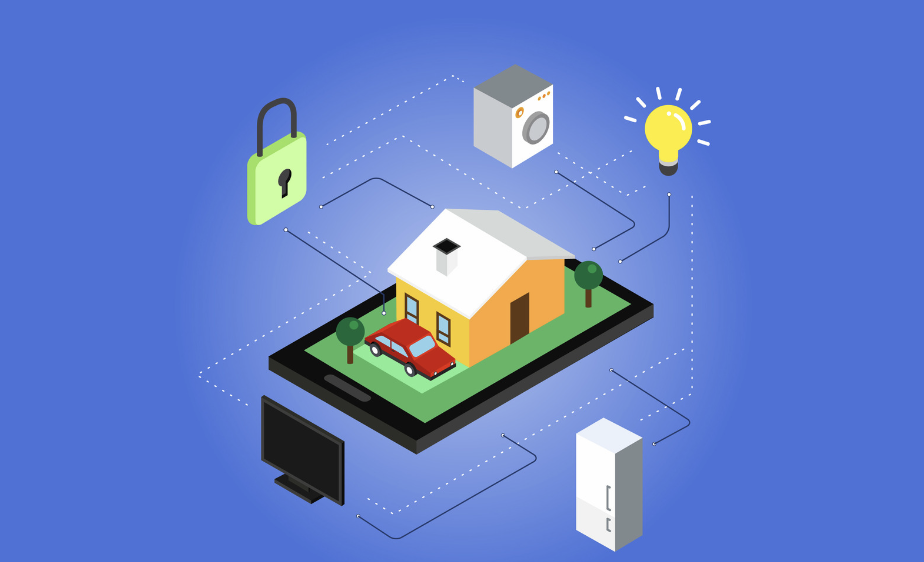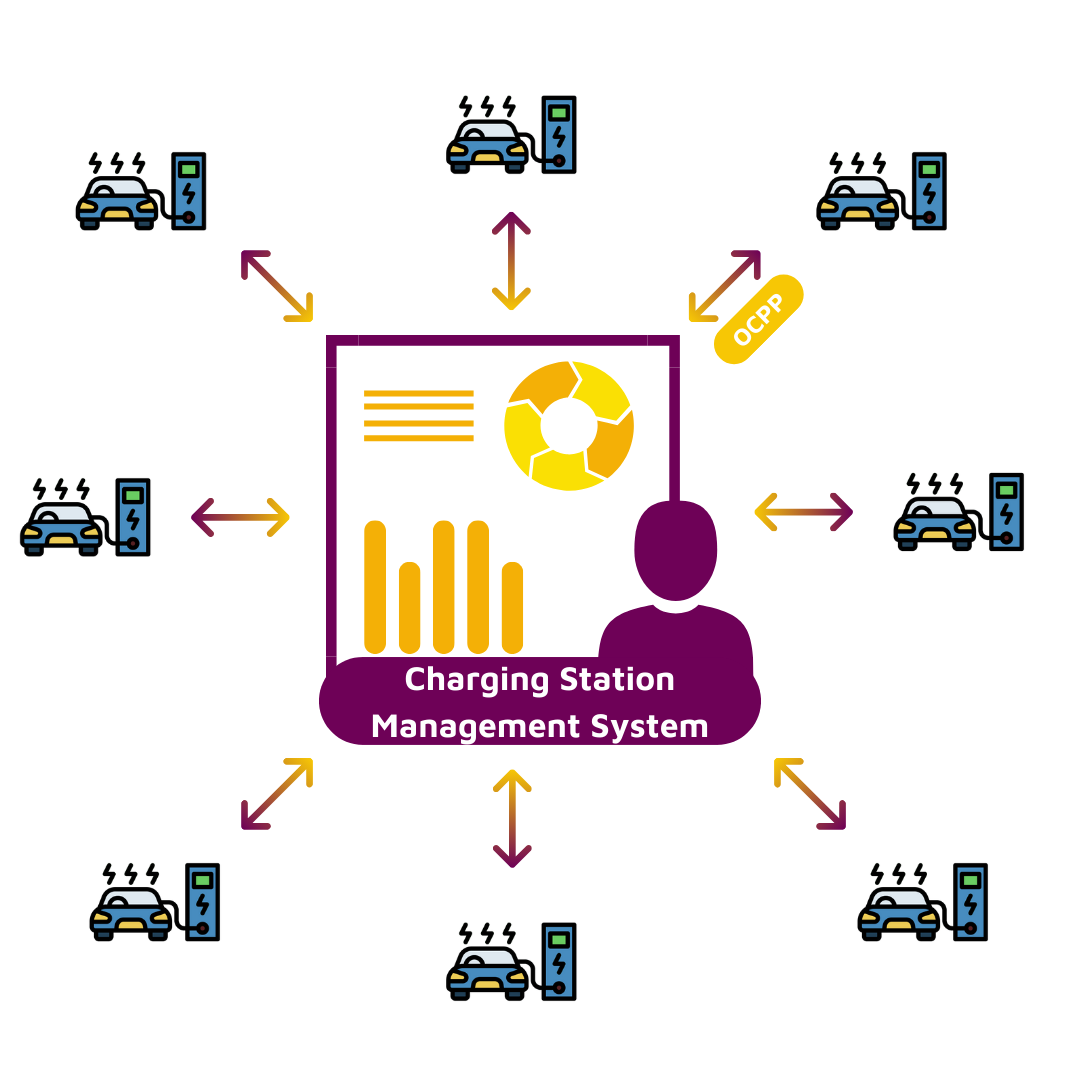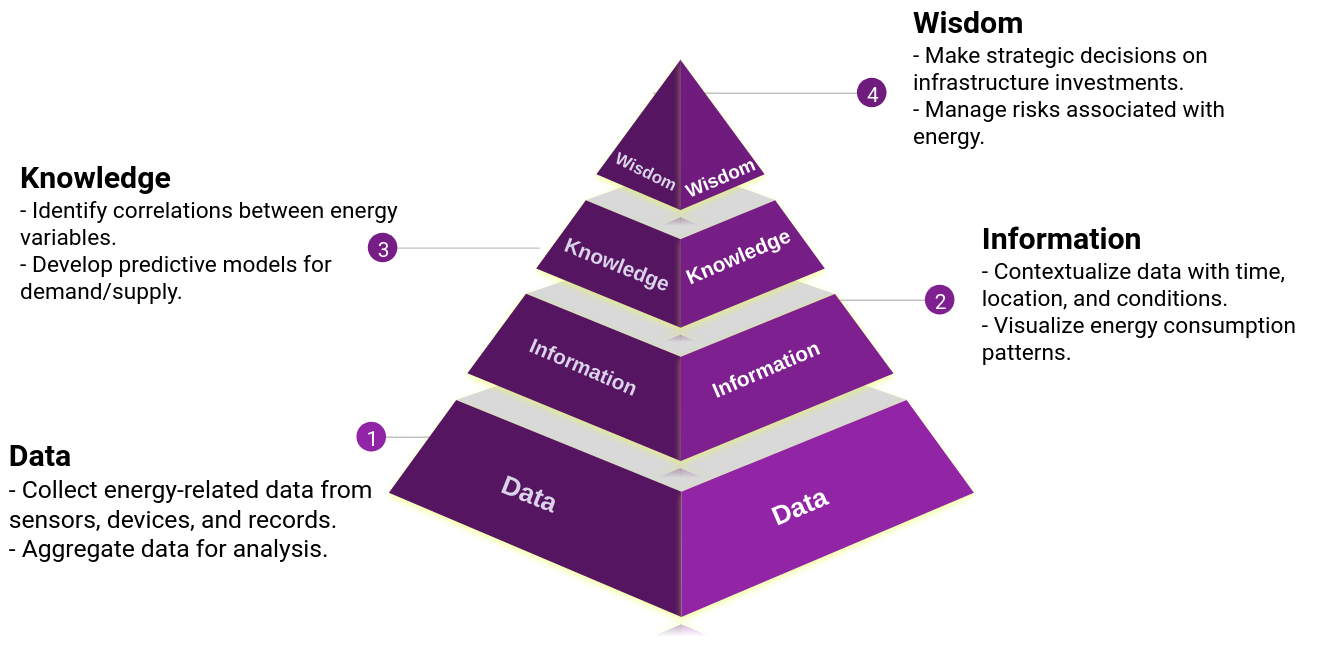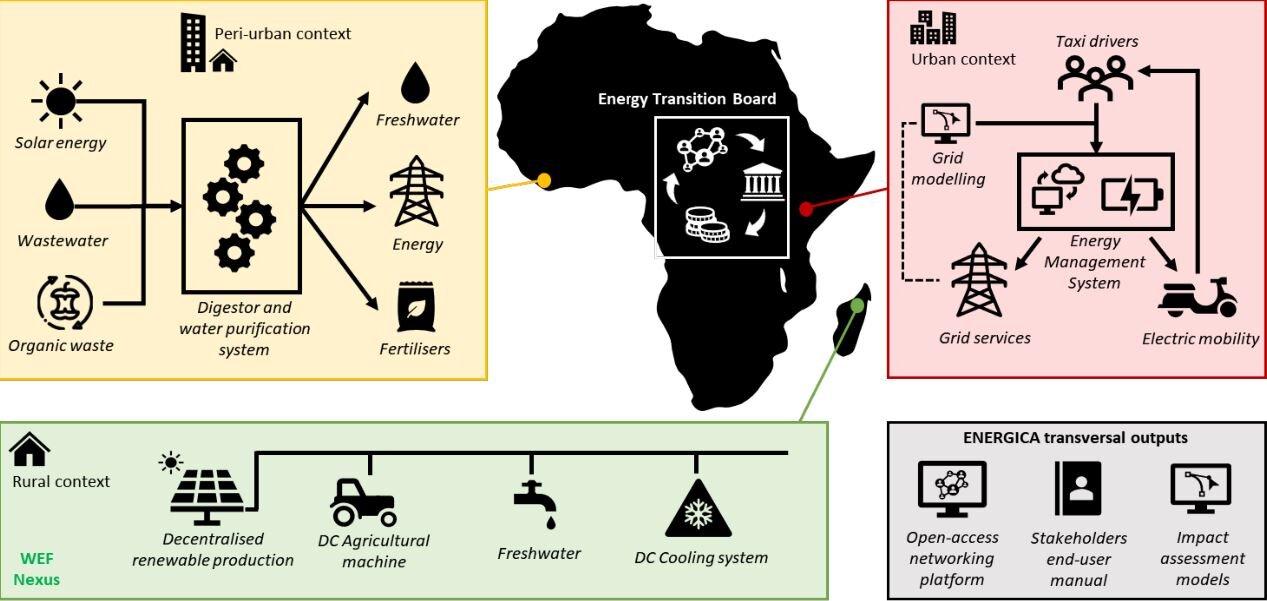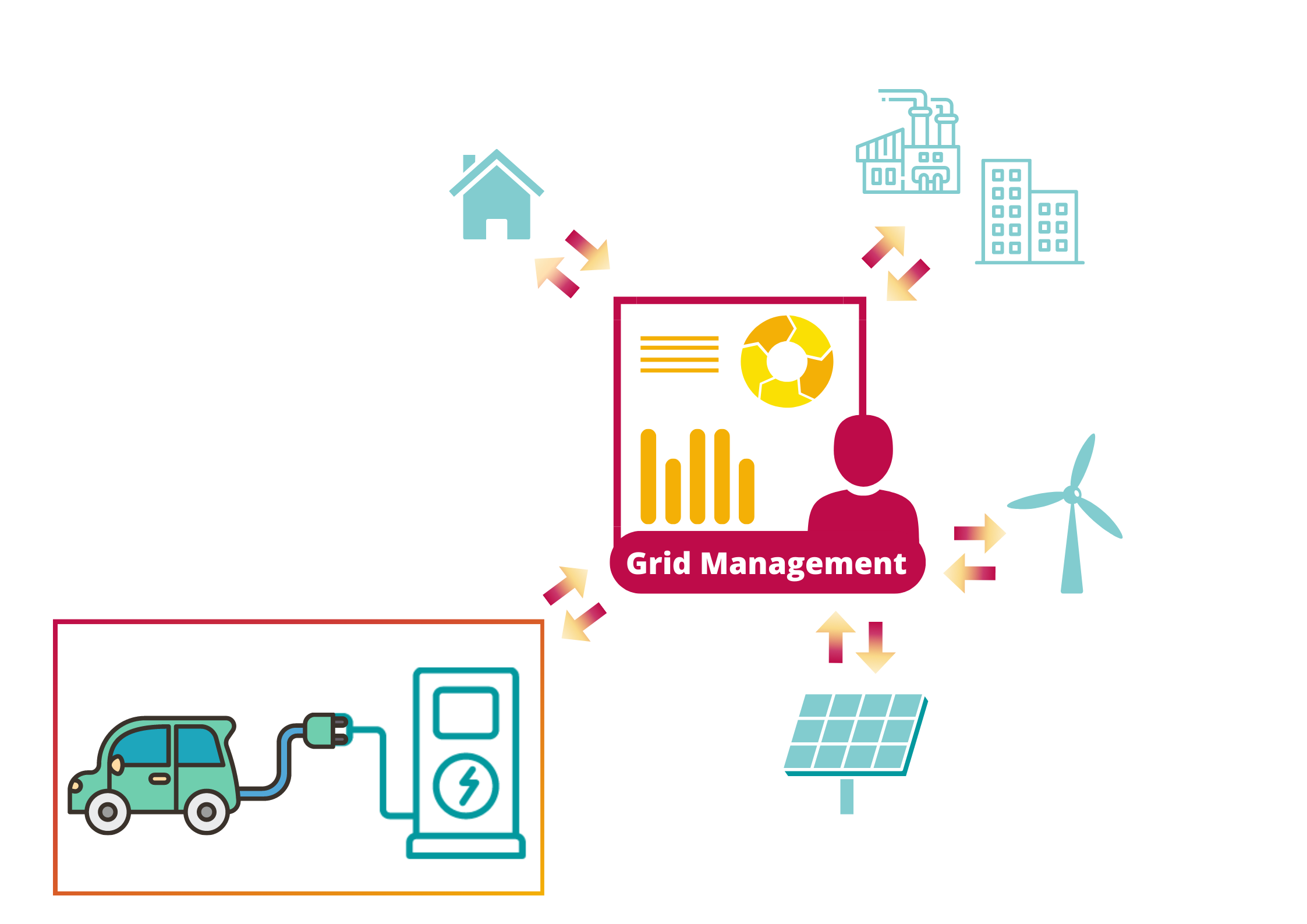How OCPP 2.1 enables bidirectional charging and smarter energy management
Since its release in 2020, OCPP 2.0.1 has gained significant attention and is now used to manage charging stations on the field. To address the evolving needs of the electromobility ecosystem, the Open Charge Alliance has been working on a new version of OCPP, OCPP 2.1, released in January 2025. In a nutshell, OCPP [...]



